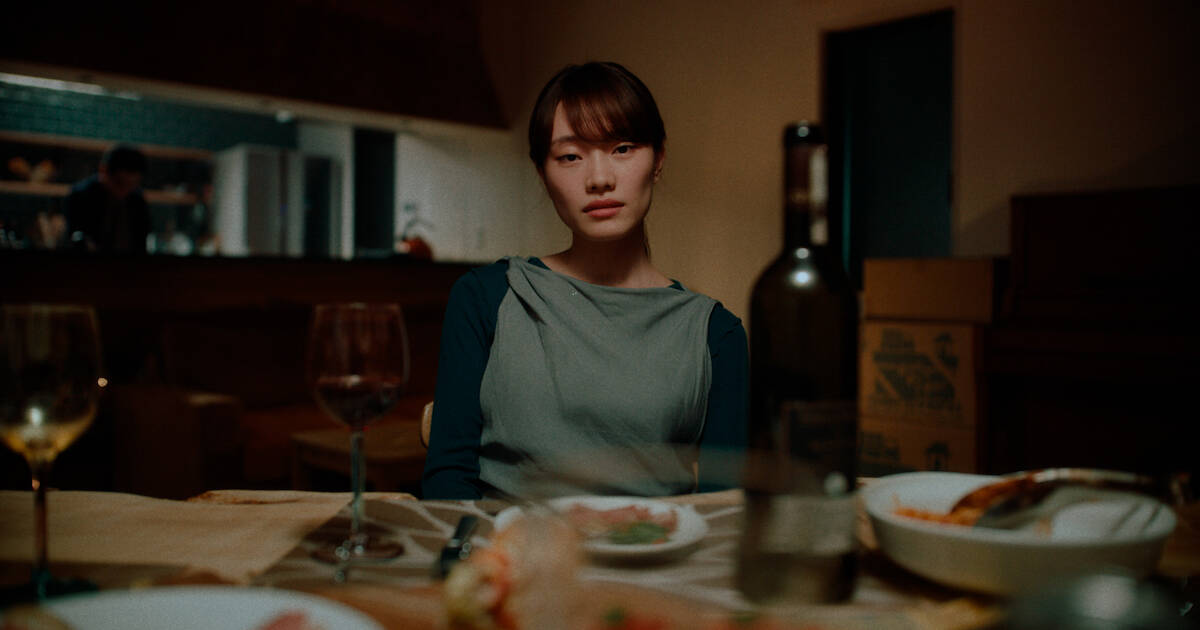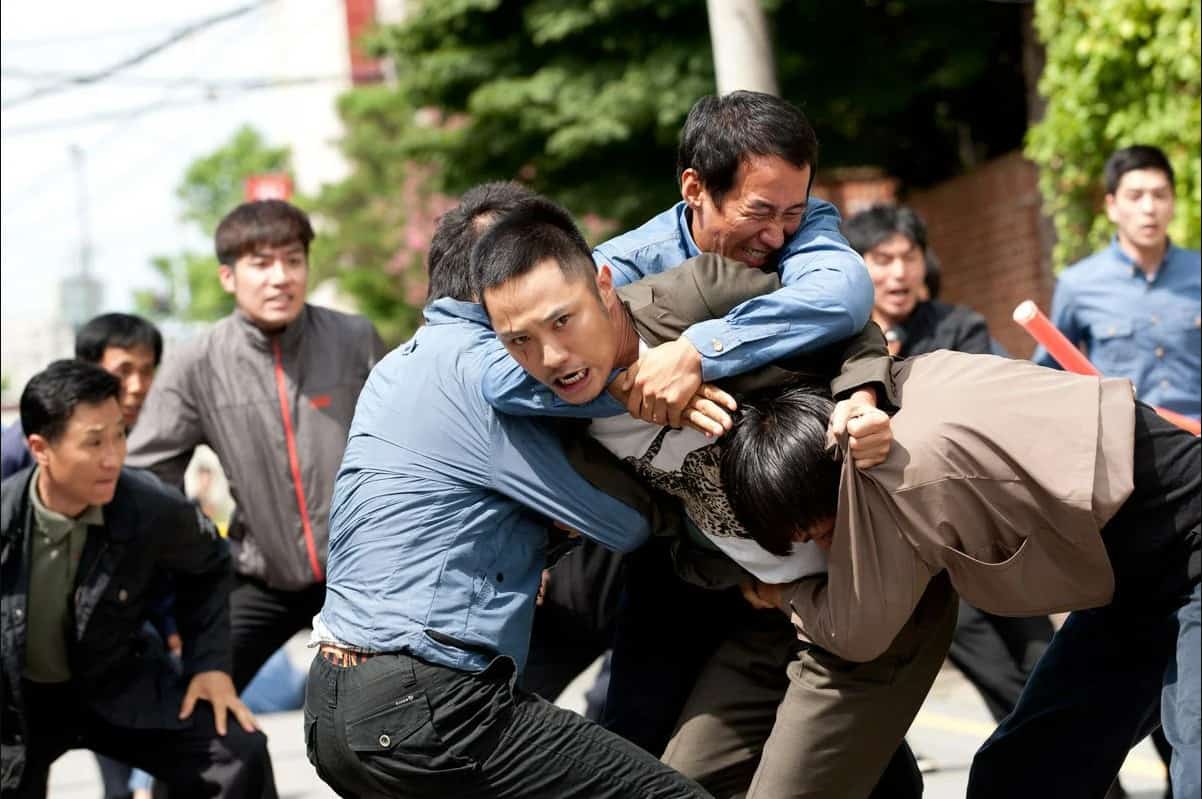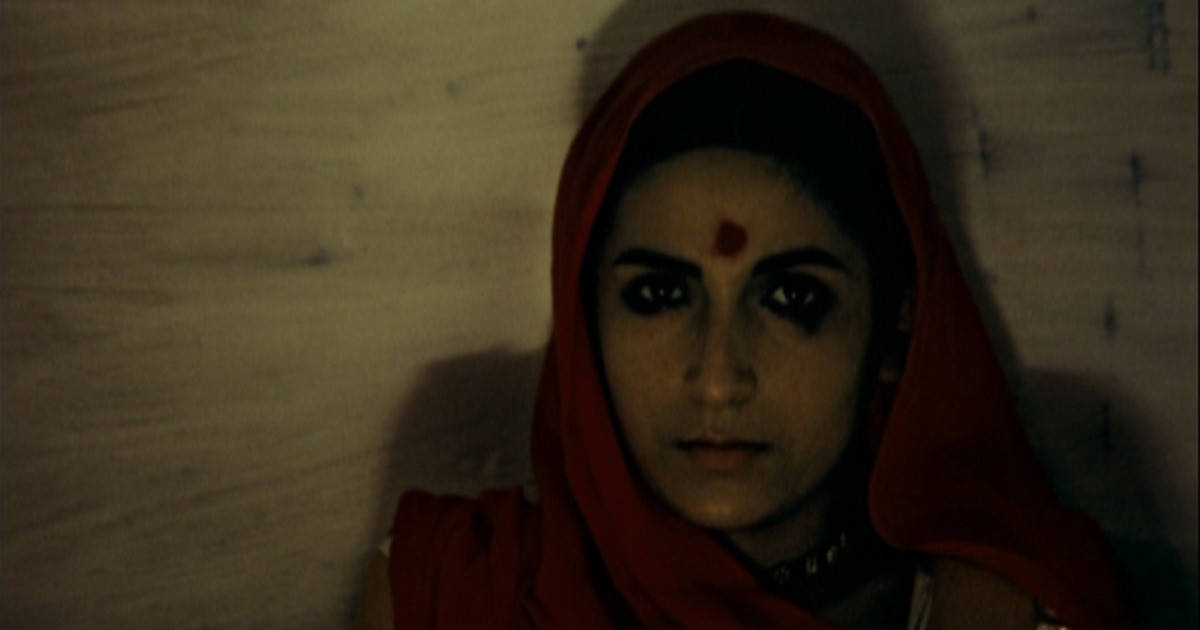The friendship of two young women at the same stage of life is tested by a pregnancy. Hajime Tsuda's debut film “Daughters” about the dynamics of female bonding is set in the miraculous city of Tokyo and was nominated at the Shanghai International Film Festival for the Asian New Talent Award in the category best film.
“Daughters” is streaming on SAKKA FILMS

Koharu (Ayaka Miyoshi) and Ayano (Yunko Abe) are flatmates. One is event manager and the other works in fashion marketing. As Ayano gets pregnant by a common friend, who left the country, the friends have to decide whether or not to keep the baby. The major decision takes them on a journey of self-revelation.
Coming from an event marketing background, director and writer Hajime Tsuda puts its characters into the shiny world of pop-up stores and nightclubbing. Ayano and Koharu know how to enjoy life, but at the same time work very hard to fulfill their dreams. Ayano's ambitions are subdued because of her boss, who does not support her plans of returning after delivery right away.

Although “Daughters” deals mostly with a female cast, the plot is dominated by the absence of the father of the unborn child, Kosuke, who left for China for business and does not know about Ayano's pregnancy. Both women had a thing for him in the past and their relationship is tested by his actions. By taking the male perspective out of the equation, the film purely focusses on the emancipatory factors of Ayano and Koharu. The actresses display a good chemistry on screen and give an emotional performance.
“Daughters” is an audiovisual experience. Young energetic music sets the tone for an urban lifestyle. The soundtrack is assembled by the self-composed music of Hitoshi Haga, as well as English rock-pop and techno. An omnipresent sound design and varied music genres interfere with Yuta Takahashi's cinematography. Half realistic, half surreal, the camera shows distorted images that befall the clean optic and mirror the emotional life of the women. This leads to non-exaggerated shifts of emotions and a spherical perception on the side of the audience. Often the editing fades to black and parts the sequences.
Another division can be seen in the presentation of urban and rural landscapes. As the about-to-be mother travels to her parent's house to reflect on her childhood, the cinematography opens up and starts to give space to breathe. Like the protagonists, the camera is no longer confined by the density of the city and creates a mystical place that brings together the past and the present of Ayano. This examination in the context of motherhood reminds of Naomi Kawase‘s introspection.
Hajime Tsuda takes on the question of motherhood from the very beginning and discusses a very timely topic. One out of four mothers in Tokyo is a single mom. “Daughters” puts a spotlight on these women and universally describes different aspects of their lives. The feeling of being left behind with an unbearable (or bearable) task, the switch from teenage levity to liability, getting lost. The debut film combines portions of Coppola's “Lost in Translation” (2003) with recent works of Mika Ninagawa (“Followers” 2020), and the early documentaries of Kawase, but refrains from being a pure copy of these. Instead, Tsuda manages to keep his own concept, which gives an interesting outlook for his future projects.















